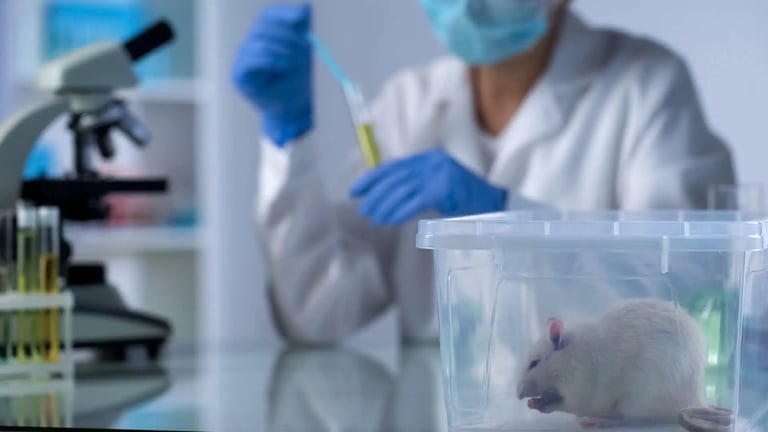Biodegradable Plastics Pose Hidden Health Risks: Study Unveils Microplastic Dangers
July 6, 2025
PLA, made from fermented plant starch, is generally deemed safe when fully degraded, but incomplete breakdown can generate microplastics that may pose health dangers.
Experiments with mice demonstrated that oral exposure to PLA microplastics reduces particle size to nanometers, affecting gut bacteria, causing inflammation, and potentially impacting metabolism over the long term.
These findings challenge the notion that biodegradable plastics are entirely safe, as nanoparticles from microplastics could interfere with gut health and contribute to inflammation linked to various diseases.
Previous estimates suggest humans may ingest up to 5 grams of microplastics weekly, roughly the weight of a credit card, which could be associated with chronic illnesses like endometriosis.
A recent study raises concerns about health risks from microplastic exposure, especially from biodegradable plastics like polylactic acid (PLA), which is widely used in food packaging.
Research shows that PLA microplastics can break down into nanoparticles inside the body, potentially triggering harmful biological responses such as gut inflammation and microbiome disruption.
A recent study highlights the importance of further research into the long-term health effects of microplastic exposure, even from eco-friendly biodegradable materials.
Recommendations to address this issue include reducing plastic use, especially single-use plastics, adopting reusable options, and implementing stronger regulations, corporate accountability, and increased research funding to combat plastic pollution and safeguard health.
Summary based on 1 source
